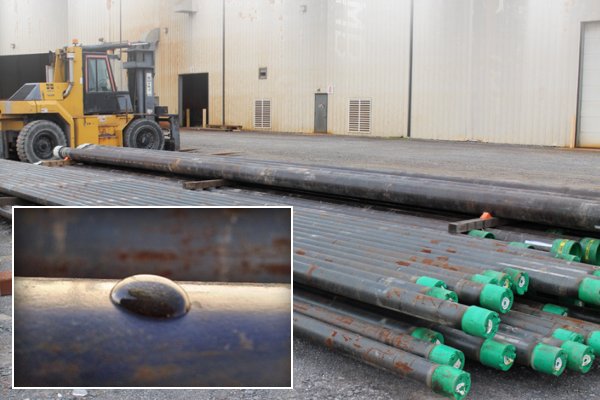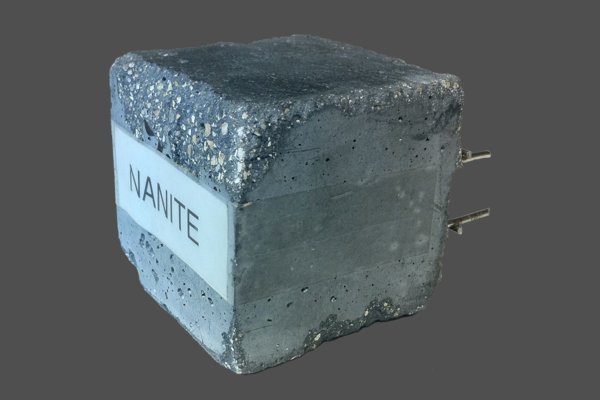Accelerating Disruptive Innovation
Oceanit thrives in the world of innovation where we deliver a wide range of ideas, technologies and systems addressing challenges in various industries, including aerospace, energy, life-sciences and information systems.
Oceanit has worked with corporate partners from various industries for over 30 years, providing a wide range of support, services and business deals. Through experience and customer demand, Oceanit developed a non-traditional modality that addresses this problem, which we refer to as “Corporate Co-Development,” as well as a process we refer to as FAST – Facilitated Collaboration, Assess Value-Proposition, Scale-up and Transfer that on-boards technology. Using this process, we significantly de-risk the technology, manufacturing and business issues, and onboard technology from the lab to commercial markets, including scaled manufacturing complete with facility development, training and quality systems. Drawing on Oceanit’s constant flow of disruptive innovations, we have become a source of corporate innovation for some of the world’s largest companies.
Advanced Materials
Steel Cement Interfacial Nanobond (SCIN)
Oceanit’s SCIN (Steel Cement Interfacial Nanobond) technology is a nanotechnology-based pipe treatment that achieves significant improvement in the water-wettability of oil well casing exteriors to provide a significant increase in cement-steel bond strength and uniform cement-steel bond. SCIN-treated steel was rigorously laboratory tested, scaled up in two different locations, and subjected to field trials in both unconventional and deepwater applications.

Digital Oil

ARTIFICIAL INTELLIGENCE AND SIGNAL PROCESSING
Directional wells have been a boon to oil and gas production, particularly in unconventional plays, where horizontal and extended-reach wells maximize wellbore exposure through productive zones. In many of these wells, steerable mud motors have been crucial to achieving the well trajectory necessary to hit operators’ target zones. Directional drillers use a downhole mud motor when they kick off the well, build angle, drill tangent sections and maintain trajectory.
Advanced Sensors
NANITE
Concrete, cement, and other building materials haven’t seen any radical changes in the last 100 years. However, with advancements in technology there was an opportunity to turn cement from a dull building material into a smart, interactive source of data. Oceanit’s Nanite sensing cement technology has significant potential to assure, monitor, and mitigate issues related to wellbore integrity and zonal isolation.

Communication Systems

LASER COMMUNICATION
Directional wells have been a boon to oil and gas production, particularly in unconventional plays, where horizontal and extended-reach wells maximize wellbore exposure through productive zones. In many of these wells, steerable mud motors have been crucial to achieving the well trajectory necessary to hit operators’ target zones. Directional drillers use a downhole mud motor when they kick off the well, build angle, drill tangent sections and maintain trajectory.
Disruptive Innovation
Oceanit has worked with corporate partners from various industries for over 30 years, providing a wide range of support, services and business deals. We found that most mid to large corporations struggle to develop innovation principally because the enterprise tends to protect the status quo. So, great scientists and engineers in corporate labs struggle to deliver innovation, particularly disruptive innovation. For many industries where change can come quickly, this adds significant corporate risk.

TALK TO AN OCEANIT SPECIALIST
Ask our product experts how
Oceanit can help increase your
asset profitability.

